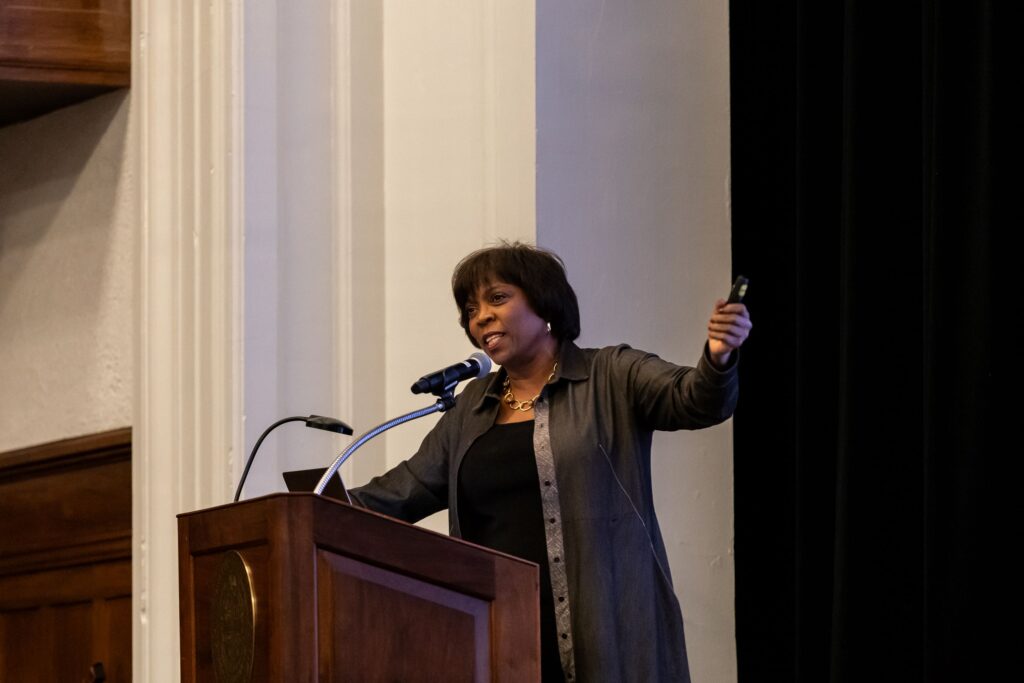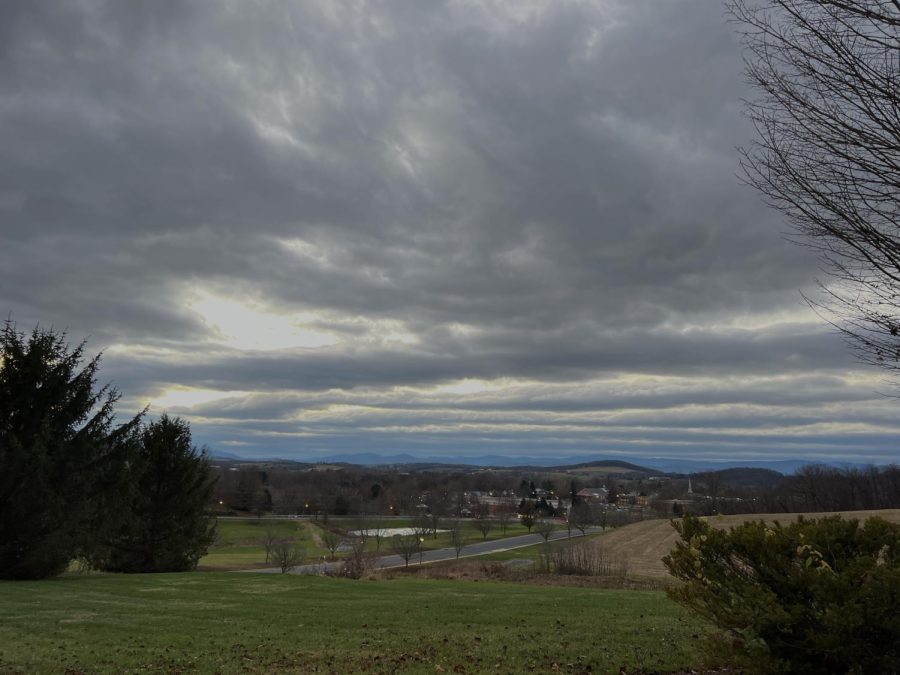Turn Back the Time
Americans continue to change their clocks twice a year
On Nov. 6, the sun starts to set an hour earlier, at about 5 p.m., due to the time change. There is legislation in progress to end the twice a year time change for Americans.
November 15, 2022
Bridgewater, Va.- The United States Congress continues to review the Sunshine Protection Act, passed by the Senate in March of this year, debating using standard time or daylight savings time.
Every year, Americans change the time on their clocks and other devices by setting them back one hour in the fall and one hour forward in the spring. For years, there has been a debate on whether we should keep this system in place or set our clocks forward one last time.
On March 15, 2021, the Senate passed the Sunshine Protection Act with a unanimous vote to make daylight saving time the permanent standard time. Many states have considered ending clock changes, but to be able to do this, the Act must be signed into federal law.
“I love it that there’s this interesting debate about the time change,” said Associate Professor of Education Beth Lehman. “It seems incredibly arbitrary anyway how we decide what time it is when. It’s an unsolvable problem because there’s just not enough daylight to go around.”
When daylight savings time is in effect during the summer months, people have more opportunities to be productive throughout the day.
“I am a lot more active for a bigger part of the day,” said Lehman. “I can walk the dog and take a run well into the evening, or work in my yard or garden. In the winter, I have to work a little harder to get out and about.”
Though there are many benefits to changing the clocks forward one hour, many people experience a change in their sleep schedule which can have deep effects.
“I usually forget about the time change, but in the spring that can really mess up my sleep and my schedule,” said senior Jen Chan. “I definitely feel more tired because I just lost a whole hour of sleep, and if I forget to set an alarm that day, it can make me late for whatever I have planned.”
When the time changes in early November and Americans “fall back,” many people’s mental health drops to an all-time low.
A 2017 study found that depression cases increased by 11% when the time changes in the fall months. The body’s natural circadian rhythm is disturbed when the time we are exposed to sunlight is shifted, causing a change in mood and sleep.
“The winter darkness is so heavy, and it’s tough on mental health and tough on physical exercise,” said Lehman. “It changes the vibe about what options are available. I definitely have a hard time staying motivated, especially later in the day, because I want to go to sleep earlier.”
Gaining another hour during the day and having earlier darkness can make being out at night more dangerous.
“I have to drive myself to downtown Harrisonburg to be able to walk in a well lit area after dark,” said Lehman. “There are not a lot of great streetlights where I live, and I want to feel safe and comfortable whenever I walk. I also worry about things like kids getting on the bus in the mornings when it’s still dark, too.”
The history of daylight savings originally began in the late 18th and 19th centuries by Benjamin Franklin, who first introduced the idea, and George Hudson, who is credited with the concept, proposing that there would be more after work hours to go bug hunting in the summer.
It was then proposed as a way to save energy during WWII and officially became a law in 1996 under the Uniform Time Act. During the fall and winter months, people end up using more energy by turning the lights on earlier.
“I walk around my house and turn on more lights in the fall and winter,” said Lehman. “I guess if more people are turning on lights when it hits 6 p.m., then we are contributing to more electrical usage that we wouldn’t be if it were lighter later in the day. I don’t think the hour of darkness we lose in the spring is the saving grace for preserving energy, either.”























































